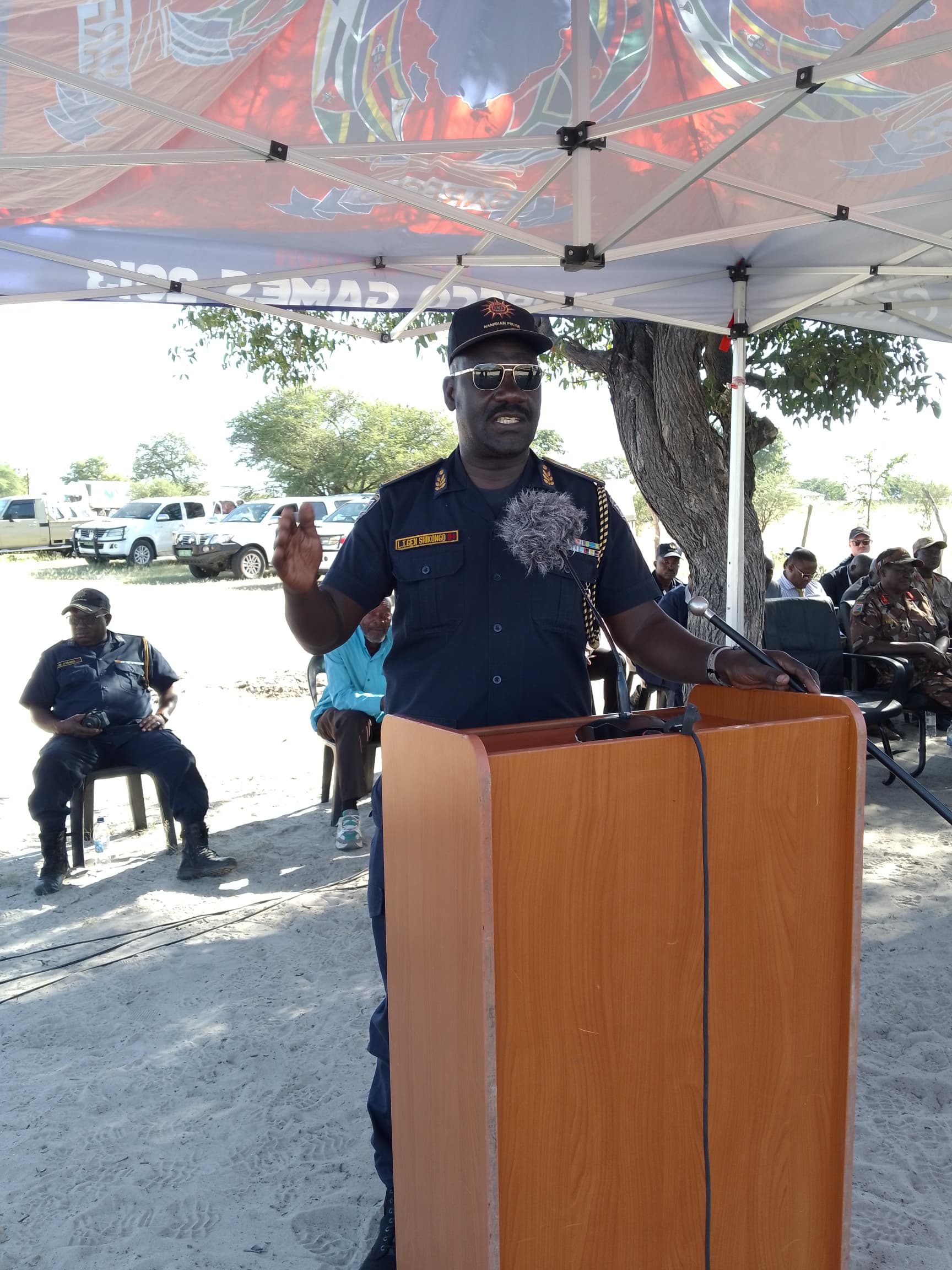CAPE TOWN – South Africa must return to tried and trusted teaching methods as Outcomes Based Education (OBE) has in many ways failed to provide pupils with essential skills, Basic Education Minister, Angie Motshekga said yesterday.
‘A noble concept translated into educational outcomes that created problems,’ Motshekga told Parliament’s portfolio committee on education.’Teachers dropped some of the fundamental aspects of learning.’She said the school curriculum would be reviewed over the next year and some of the ‘pillars’ of the curriculum leading up to the national senior certificate exam would fall.Motshekga said she has shied away from formally announcing an end to OBE because the ministry still firmly subscribed to the basic principles and values that informed the post-apartheid curriculum overhaul.These included non-racism, non-sexism, internationalism, patriotism, the ability to be collegial and work in a team, and will continue to underpin the education system.But, she said, the actual curriculum placed too heavy an administrative burden on teachers that undermined their primary task, and resulted in children not acquiring skills they needed.’We shall bring in some of the methods that have withstood the test of time… solid educational practices that enable us to achieve the skills and outcomes we require.’These included instilling discipline, giving children the skills to function as individuals and not just as a team, and allowing a measure of memory training, which she said had nothing to do with ‘rote learning’.Motshekga said there was nothing wrong with asking pupils to learn a poem by heart or to concentrate on a lecture for 40 minutes. Both methods of teaching would give them skills and discipline that they would need in the real world.’This is what you sometimes have to do as an adult, to sit and listen for 40 minutes.’Director general of basic education, Bobby Soobrayan, said changes would be implemented from the start of the new school year in January, while the department would spend a year redrafting the curriculum for implementation in 2011.’The number of learning areas will be reduced, the need for continuous, recorded assessment would be minimised, and emphasis would be placed on ensuring that all pupils had text books and could cope with English as ‘a first additional language’ after their home language,’ he said.External exams would be introduced from earlier grades to gradually prepare pupils for the levels of testing they could face in matric exams.Soobrayan said once freed of some administrative requirements, teachers should be made to understand that their primary task is to teach for five hours a day and transmit skills and knowledge.They would no longer have to make a written assessment of homework, and could on a regular basis test pupils informally by asking questions in class.’Some assessment can be verbal. We should balance the need for assessment with its pedagogical value,’ he said.- Nampa-Sapa
Stay informed with The Namibian – your source for credible journalism. Get in-depth reporting and opinions for
only N$85 a month. Invest in journalism, invest in democracy –
Subscribe Now!










